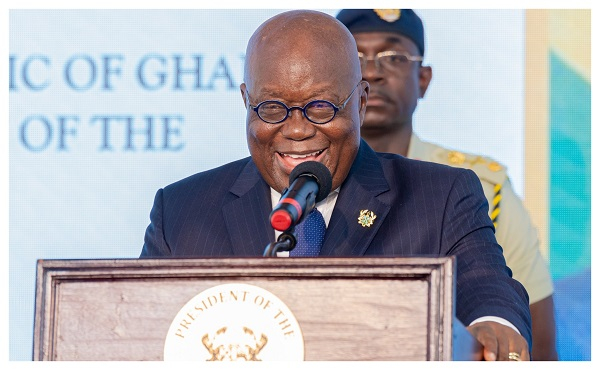The Affirmative Action and Gender Equity Act 2024 has officially been signed into law by the President of Ghana, Nana Addo Danquah Akufo-Addo marking a pivotal moment in the country's efforts toward promoting gender equality and empowerment.
The Act, which was passed by Parliament earlier in July, aims to address long-standing gender imbalances in political, social, and economic spheres by dismantling systemic barriers that have historically hindered women's progress.
Bank Staff Fraud on the rise, according to 2023 Central bank Fraud report The law sets clear goals for gender representation, mandating 30% female participation in leadership roles by 2026, with this figure rising to 50% by 2030.
It includes both public and private sectors, offering incentives such as tax benefits for companies that comply.
This progressive approach emphasizes not just equality but equity, ensuring women are better positioned to access opportunities in leadership, politics, and STEM fields, which have traditionally been male-dominated.
The Act has garnered widespread support, particularly among gender advocates, but also faced some criticism.
Concerns were raised that parts of the legislation might not be fully tailored to Ghana's specific context, with some arguing that it borrows too much from international framework.

